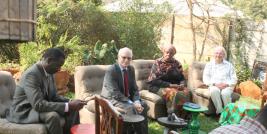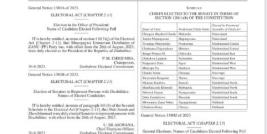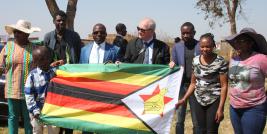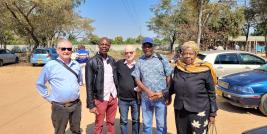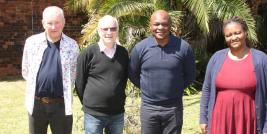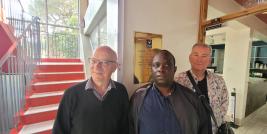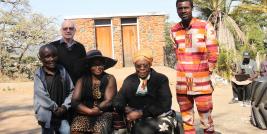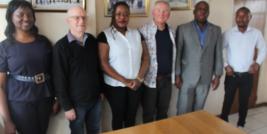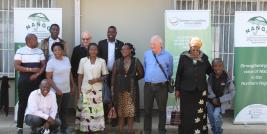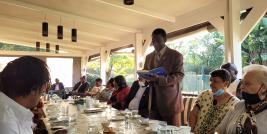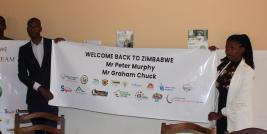After a big surge in COVID-19 cases in January 2021, followed by more severe lockdowns, the rate of infection has slowed, but is very difficult to contain due to very limited testing, personal protective equipment and vaccines. Vaccination has only recently begun and is very limited in its reach, and may take two years or more to complete.
Due to the pandemic over 174,000 migrant workers have returned, mainly from South Africa, Botswana, Zambia, Mozambique and Europe. Hence remittance income into the country is down. Hunger is very severe and requires a big effort from the World Food Program to provide enough cereals to the people. Teachers and civil servants continue to demand living wages from a government unwilling to help.
The politics continues to work against the potential for national recovery, with parts of ZANU-PF rejecting the church leaders serious call for an inclusive national dialogue, while MDC Alliance leader Nelson Chamisa – now quite isolated - continues to treat the idea as a joke.
While it appears positive that MDC-T has committed to be a constructive parliamentary opposition, significant MDC-T figures have defected to ZANU-PF, internal struggles continue, and other leaders are swapping parties as if in a political supermarket. As well, Chamisa has now talked of ‘winter protests’, thus keeping alive the image of deadly street clashes with state security forces.
Western governments are maintaining a ‘hands off’ approach, while it is unclear if the new US government has changed from the hostility demonstrated by the Trump administration. With a destabilising fundamentalist insurgency in north east Mozambique, the region is quite distracted from the painful stalemate in Zimbabwe.
Zimbabwe Information Centre, Australia
April 6, 2021

